Focus Sectors
We develop standards and insights that financial institutions use to set credible climate targets, measure them accurately, and engage clients to meet goals. We work with the highest-emitting sectors of the global economy to accelerate public and private investment into decarbonization technologies — lowering emissions while providing economic opportunities.
Working directly with financial institutions and their clients, suppliers, and regulators, the Center helps to create climate-aligned finance standards and guidelines that reflect diverse stakeholder views and establish common sectoral decarbonization roadmaps and assessment methodologies.
- Aluminum
- Aviation
- Steel
- Shipping
- Real Estate
Decarbonizing Sectors

The Center works with financial institutions to help decarbonize high-emitting sectors in the real economy by addressing common barriers to sectoral decarbonization, such as:
- Conflicting sectoral decarbonization pathways
- Insufficient data
- Confusing climate performance methodologies
- First-mover disadvantage
- Inadequate supply of investable low-carbon assets
Working directly with financial institutions and their clients, suppliers, and regulators, the Center helps to create climate-aligned finance agreements that establish common sectoral decarbonization roadmaps and assessment methodologies.
Climate Finance for Aluminum
Aluminum is an essential building block of modern life, used in everything from space travel to beverage containers, as well as in many of the new technologies powering the energy transition. Yet aluminum production is also highly emissions intensive and responsible for 2 percent of global CO2e emissions per year. As demand for aluminum grows, supporting the sector's net-zero transition will be critical to meeting climate goals.
Our Work
Recognizing the need for financial institutions to support the decarbonization of the aluminum industry, the Sustainable Aluminum Principles are a voluntary reporting framework that enables banks to assess and disclose the alignment of their aluminum lending portfolios against a 1.5°C pathway and effectively support their clients' decarbonization efforts. The Sustainable Aluminum Principles are the result of extensive consultations with banks, industry, experts, and civil society, ensuring their robustness and alignment with existing standards. Ultimately, the framework aims to enable standardized comparisons between clients and across portfolios and catalyze more effective collaboration between lenders and their clients on their transition to a low-carbon future.
The Sustainable Aluminum Principles are made up of three core components:
- A robust methodology to track and report progress.
- 1.5°C-aligned roadmaps for primary and recycled aluminum production and semi-fabrication.
- Access to standardized data through comprehensive client reporting guidance and a high-quality data provider.
Resources
The Sustainable Aluminum Principles Framework
The Sustainable Aluminum Principles: Q & A
Interested in learning more?
Reach out for more information: contact RMI.
Participants
The Sustainable Aluminum Finance Framework is the result of extensive consultations with banks, industry, experts, and civil society, ensuring its robustness and alignment with existing standards. The following organizations participated in this multi-stakeholder process:
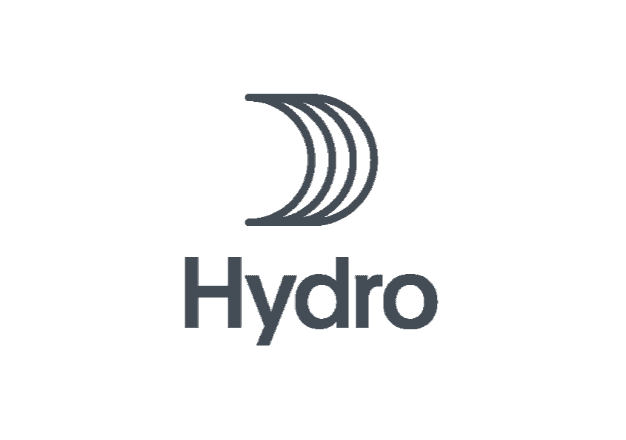




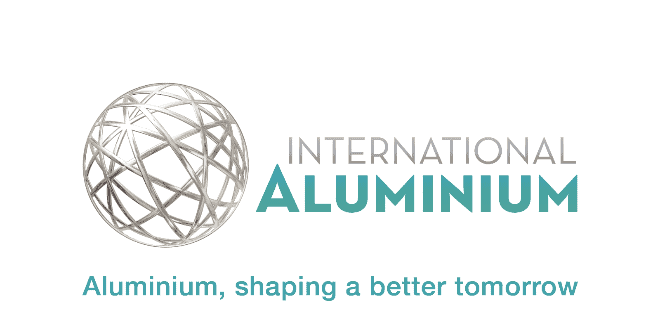

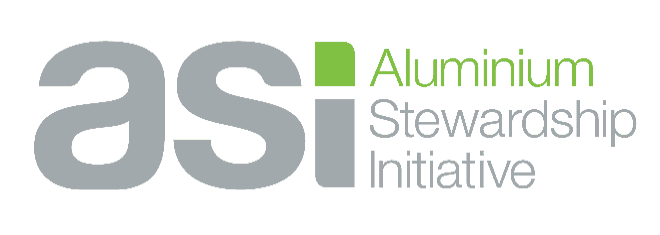
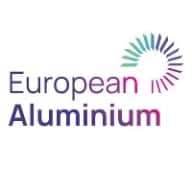


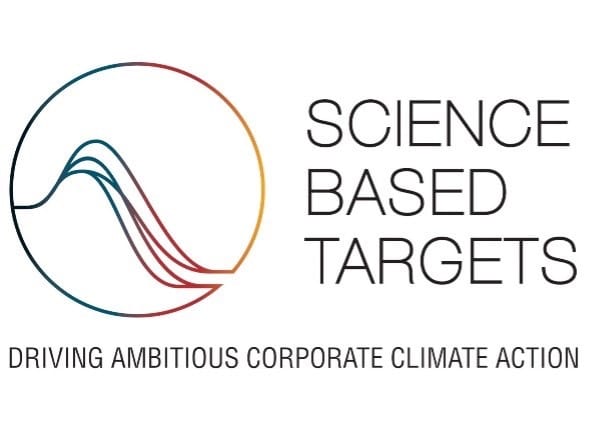

"Transparency, accuracy and comparability of GHG emission baseline and targets are key to building trust and confidence among all players, especially the finance sector. Designed by RMI, the Sustainable Aluminum Finance Framework is a great example of the power of collaboration. The IAI and its members have been supporting RMI in developing this tool to enable lenders to voluntarily assess and disclose the alignment of their aluminium lending portfolios against a 1.5°C climate pathway. I'm pleased that the tool aligns with IAI's three GHG pathways: electricity decarbonisation, direct emissions and recycling. I hope the tool will help the aluminium sector to further decarbonise and invest in decarbonisation projects around the world.”
- Marlen Bertram. Director - Scenarios and Forecasts at International Aluminium Institute
"The Net Zero Banking Alliance welcomes the Aluminium climate-alignment methodology developed by RMI in collaboration with leading financiers. Members of the Alliance have committed to setting portfolio decarbonisation targets in this important sector. This methodology will assist banks in understanding the net zero pathways for the sector and thus support banks as they seek to measure and transparently disclose their climate alignment and set targets on an independent and individual basis. This will also help to inform discussions between financial institutions and their clients to support their transition to a net zero economy. We look forward to continuing our collaboration with RMI in the coming years as we navigate the transition to net zero."
- Tracey McDermott, Chair of the Net Zero Banking Alliance and Group Head, Conduct, Financial Crime and Compliance, Standard Chartered Bank
Participation in the multi-stakeholder consultation process does not signify endorsement of the Sustainable Aluminum Finance Framework.
Climate Finance for Aviation
The aviation sector accounts for 2.5 percent of global CO2 emissions and is projected to increase significantly, consuming up to 10 percent of the planet’s remaining 1.5°C carbon budget.
In addition to rising demand, the sector faces unique decarbonization challenges. Many climate solutions, such as sustainable aviation fuels, hydrogen and battery-electric propulsion, and next-generation aircraft design are not yet available at sufficient commercial scale. Financial institutions can play an important role in supporting decarbonization solutions for the sector through financing the technologies, projects, and companies that can contribute to a zero-carbon future.
Our Work
In April 2022, RMI’s Center for Climate-Aligned Finance launched a working group comprised of banks to develop a sector-specific measurement and disclosure standard specific for financiers to the aviation sector. Working Group members included BNP Paribas, Citi, Crédit Agricole CIB, Société Générale, and Standard Chartered. The result: the Pegasus Guidelines.
While many sustainability efforts exist in aviation, this initiative is unique. Offering the first-of-its-kind guidance, the Pegasus Guidelines instructs lenders to the aviation sector how to access high quality data and measure their emissions intensity and climate alignment compared to a 1.5°C roadmap. It further includes a measurement and disclosure methodology enabling financial institutions to calculate and disclose the emissions intensity and/or climate alignment of their aviation lending portfolios annually.
On an individual and independent basis, banks may use the Guidelines to:
- Help inform institutional goals and climate strategies
- Support their clients’ decarbonization goals
- Set sectoral targets independently and voluntarily, and measure progress
- Compile information in line with existing reporting frameworks, such as Net-Zero Banking Alliance (NZBA) and the European Banking Authority Pillar 3 disclosures
Resources
The Pegasus Guidelines for Financial Institutions
Please contact Tom White ([email protected]) or Nicky Halterman ([email protected]) to access the additional technical resources below.
- Sample covenant clause
- Client reporting guidance
- Third-party data standard (including qualified third-party data provider list)
- User portfolio alignment score calculator
- European Banking Authority reporting guidance
Contact
The Pegasus Guidelines are maintained by RMI’s Center for Climate-Aligned Finance. If you are interested in learning more or accessing the resources above, contact Tom White ([email protected]) or Nicky Halterman ([email protected]).
Contributors
Informed by a broad set of stakeholders spanning airlines, lessors, industry bodies, NGOs, and finance, the final guidance reflects multi-stakeholder input across multiple rounds of consultation. Where possible the Pegasus Guidelines align with leading associations, including ICAO and SBTi in the interest of promoting standardization across the sector.
Pegasus Guidelines Working Group banks:





Pegasus Guidelines users:
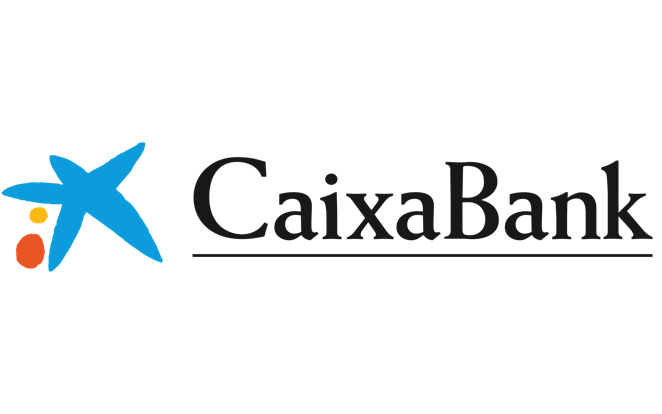

The following institutions helped inform the Pegasus Guidelines through consultations. Participation does not entail endorsement of the final framework.


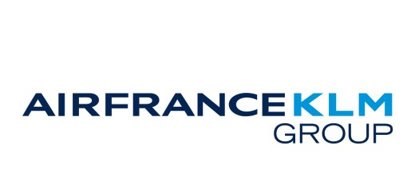

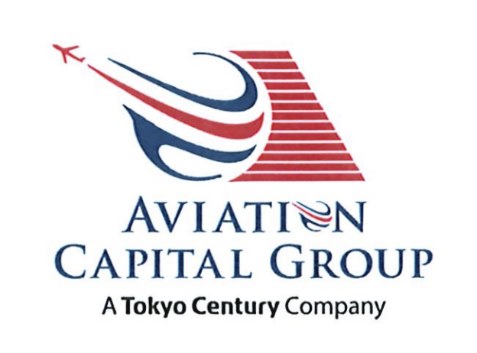



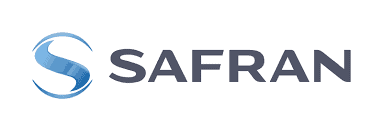


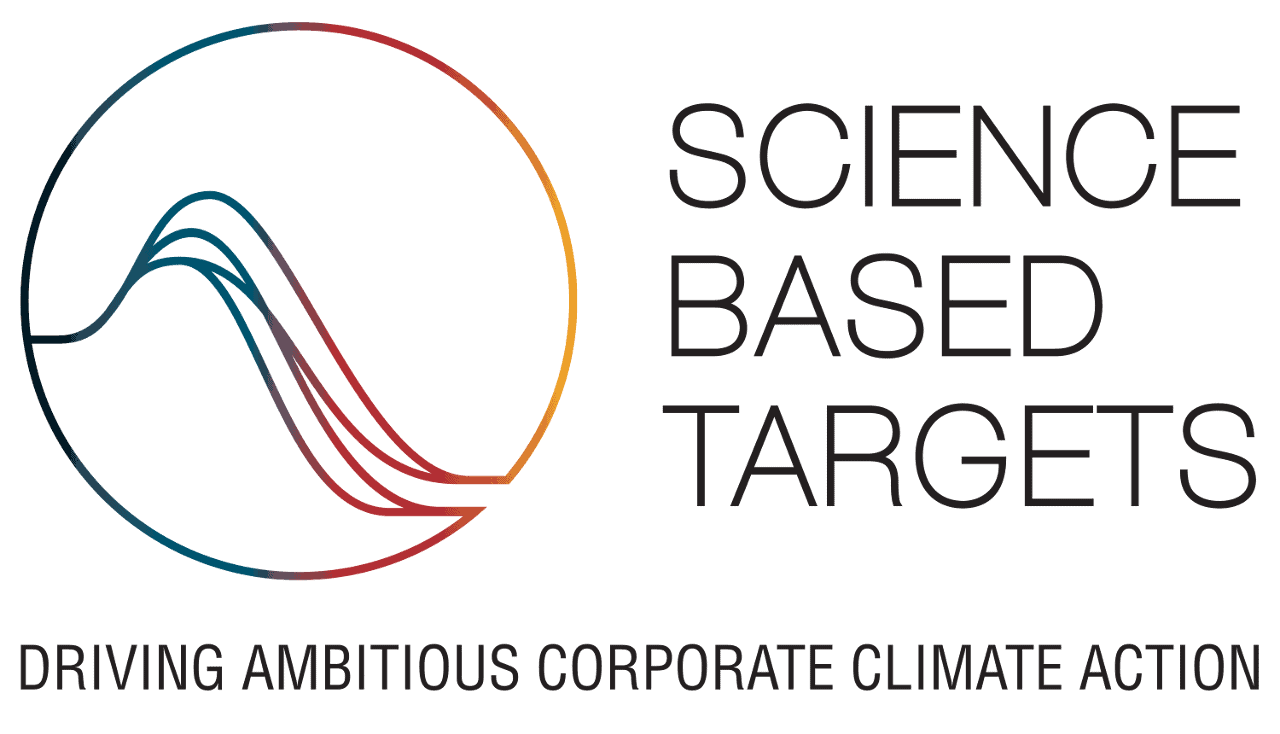
Watson Farley & Williams provided pro bono legal guidance throughout the development of these Guidelines.

Transition Pathway Initiative, International Council on Clean Transportation, and many other experts and members of industry also participated.
Quotes of Support
"The Net Zero Banking Alliance welcomes the Aviation climate-alignment methodology developed by RMI in collaboration with leading financiers. Members of the Alliance have committed to setting portfolio decarbonisation targets in this important sector. This methodology will assist banks in understanding the net zero pathways for the sector and thus support banks as they seek to measure and transparently disclose their climate alignment and set targets on an independent and individual basis. This will also help to inform discussions between financial institutions and their clients to support their transition to a net zero economy. We look forward to continuing our collaboration with RMI in the coming years as we navigate the transition to net zero.”
- Tracey McDermott, Chair of the Net Zero Banking Alliance and Group Head, Conduct, Financial Crime and Compliance, Standard Chartered Bank
"We welcome the financing community’s efforts to standardize the assessment of the climate impact of their aviation portfolios. At Cathay, we believe collaboration is key to a sustainable future and are committed to our ‘Greener Together’ vision. We hope the Pegasus Guidelines will be widely adopted.”
- Grace Cheung, General Manager of Sustainability at Cathay Pacific Airways



Climate Finance for Steel
Steel is used in everything from cars and fridges to buildings and planes. However, because of the sector's reliance on coal, it contributes 7 percent of CO2 emissions globally. With demand for steel projected to grow 30 percent by 2050, emissions are set to rise significantly if we continue with business as usual.
Our Work
Under RMI's leadership, six top lenders to the global steel sector — Citi, Crédit Agricole CIB, ING, Société Générale, Standard Chartered, and UniCredit — announced the signing of the Sustainable STEEL Principles (SSP), the first climate-aligned finance (CAF) agreement for lenders to the steel industry. The Sustainable STEEL Principles provide a sector-specific measurement and disclosure framework for banks, enabling them to support the decarbonization of the steel sector and assess their own climate progress in line with Net-Zero Banking Alliance (NZBA) guidance.
Sustainable STEEL Principles signatories receive:
- An industry-supported methodology that is material-specific and establishes a fixed system boundary of emissions.
- An Alignment Zone, comprising two net-zero scenarios to inform target-setting and client engagement.
- Standardized instructions for steelmaker reporting with a 3rd third-party data provider available as an alternative.
- NZBA-compatible guidance to ensure that comparable bank-level disclosure occurs annually.
- A robust governance arrangement to support implementation and the ability to amend the framework.
Resources
Read the 2023 Sustainable Steel Principles Annual Report
The Sustainable STEEL Principles Agreement Framework: Download the Framework
How the Principles were developed:Read more
For Signatories
- The Sustainable STEEL Principles Agreement Framework
- Governance Rules
- Signatory Application
- Standard Declaration
Supporting Materials
- One-Page Overview
- Alignment Zone Briefing
- Fixed System Boundary Briefing
- Split Trajectory Briefing
- Panel Discussions: The Financial Sector's Role in Decarbonizing Steel
- Climate Bonds Standard expands to the steel sector
- Banks Bet on Green Steel
Partners
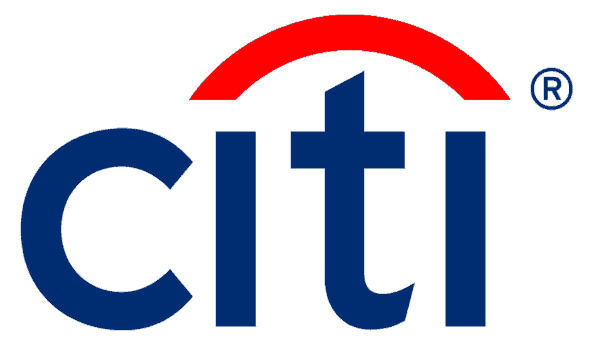





Interested in learning more?
Reach out for more information: contact RMI.
Worlds First Climate Alignment Agreement for Financial Institutions
The Poseidon Principles, launched in June 2019, are a framework for responsible maritime shipping finance and have established a model for how the financial sector can kick-start sectoral decarbonization.
They provide a way of quantitatively assessing whether financial institutions' ship finance portfolios are in line with the climate targets agreed by the International Maritime Organization (IMO), the United Nation's body that oversees international shipping.
Under the Poseidon Principles, signatories commit to assess and disclose the climate alignment of their shipping portfolios and work to bring their portfolios in line with climate targets. Signatories use the Principles to engage their clients when emissions hotspots are identified.
Only one year after launch, European signatories to the Principles structured over $1.2 billion in Poseidon-linked facilities. These loans tie the cost of capital to climate-aligned GHG performance.
Learn more at the Poseidon Principles website, and read about the first year of reporting here.
Interested in learning more?
Reach out for more information: contact RMI.
Real Estate Climate-Aligned Finance Team
The real estate sector is responsible for 40 percent of global greenhouse gas emissions. Three quarters is driven by building operations and associated electricity use, while the remainder comes from building materials used in construction such as steel and cement. In the United States, 110 million buildings represent 10% of GDP, and their operations contribute 13% to annual national greenhouse gas emissions.
RMI's Center for Climate-Aligned Finance, in collaboration with RMI's Carbon-Free Buildings team, seeks to accelerate the adoption of low-carbon technologies in the real estate sector. We aim to do this through expediting the deployment of transition capital and addressing pain points for effective real estate target-setting for financial institutions.
To design interventions that will achieve these goals, RMI is conducting a systems-level scoping and analysis of the real estate sector in the United States, including a detailed segmentation analysis. This analysis includes:
- Where carbon is concentrated,
- How capital flows into each real estate segment,
- What decarbonization pathways exist and how they differ by region, and
- How to address other barriers to decarbonization.
See blogs.
For regular updates about our real estate work, follow us on LinkedIn.
Interested in learning more?
Reach out for more information: contact RMI.